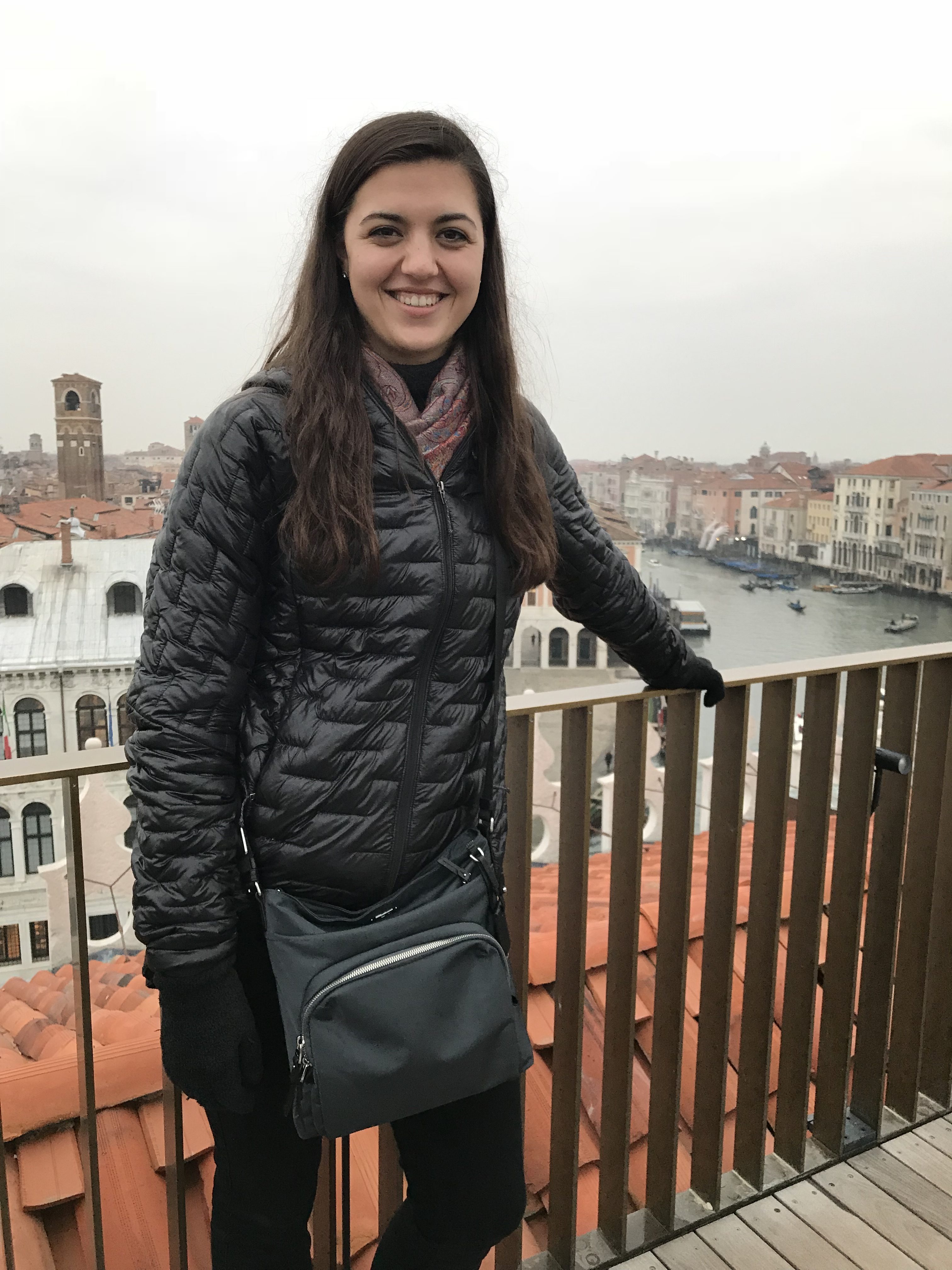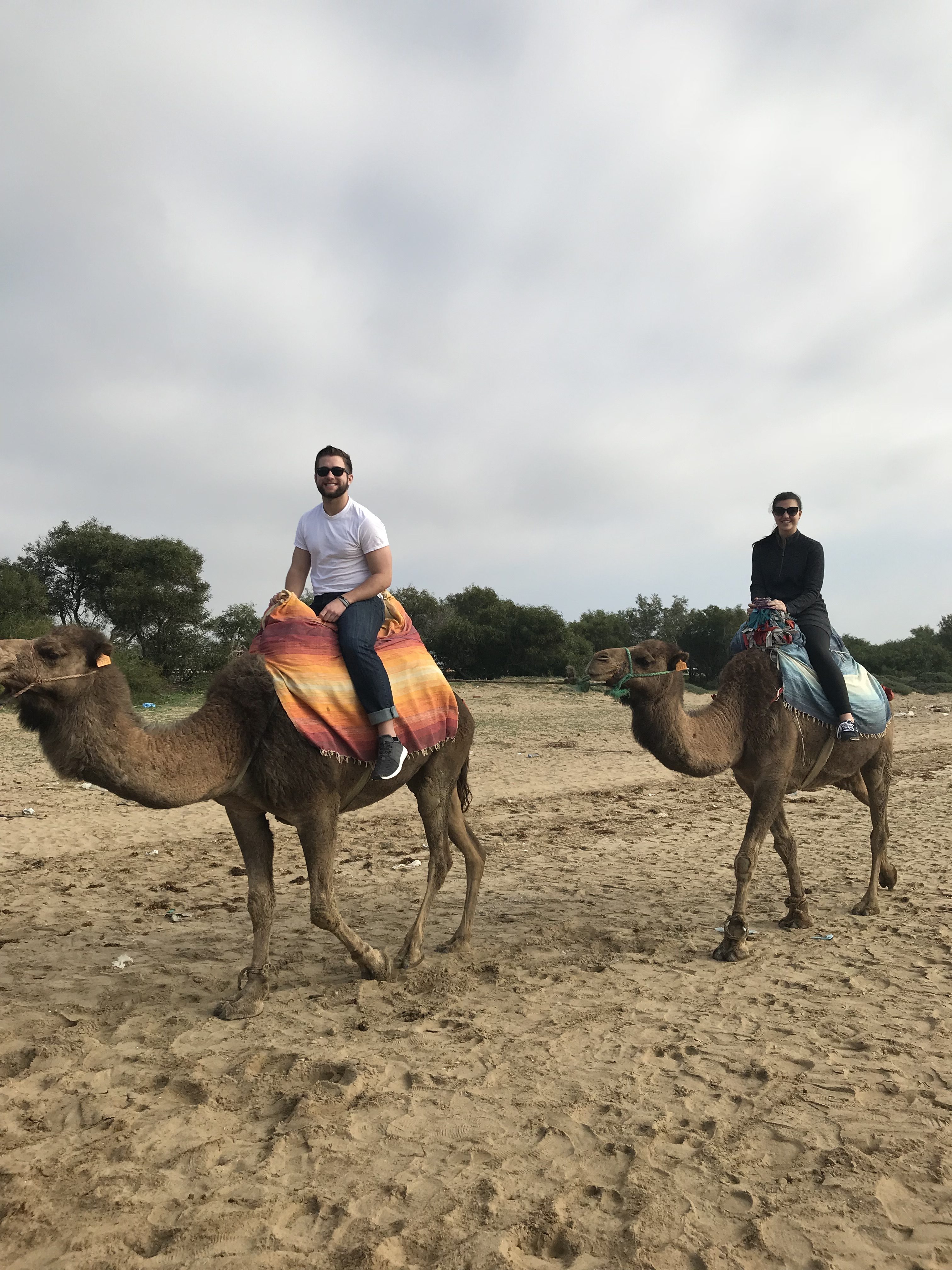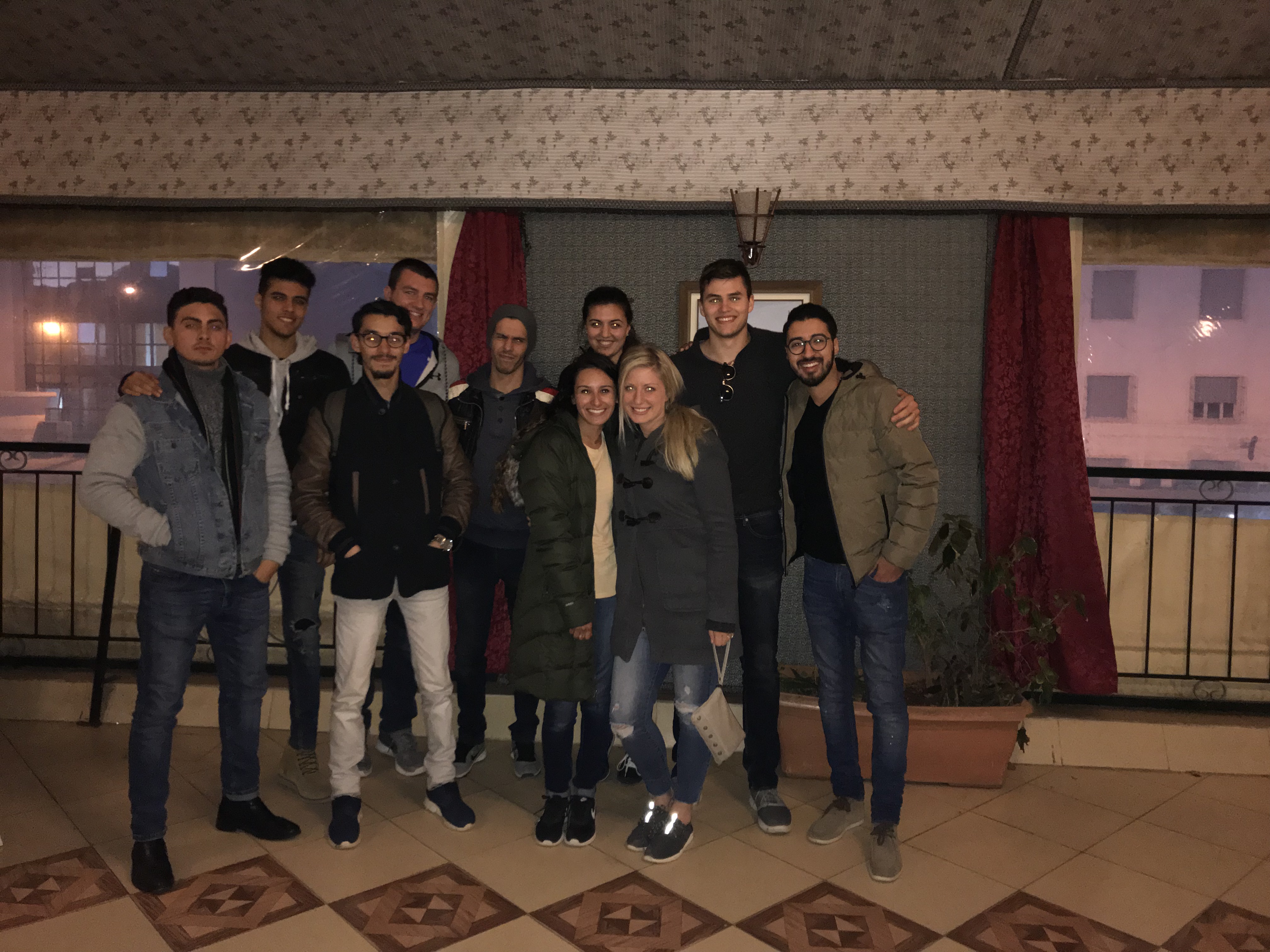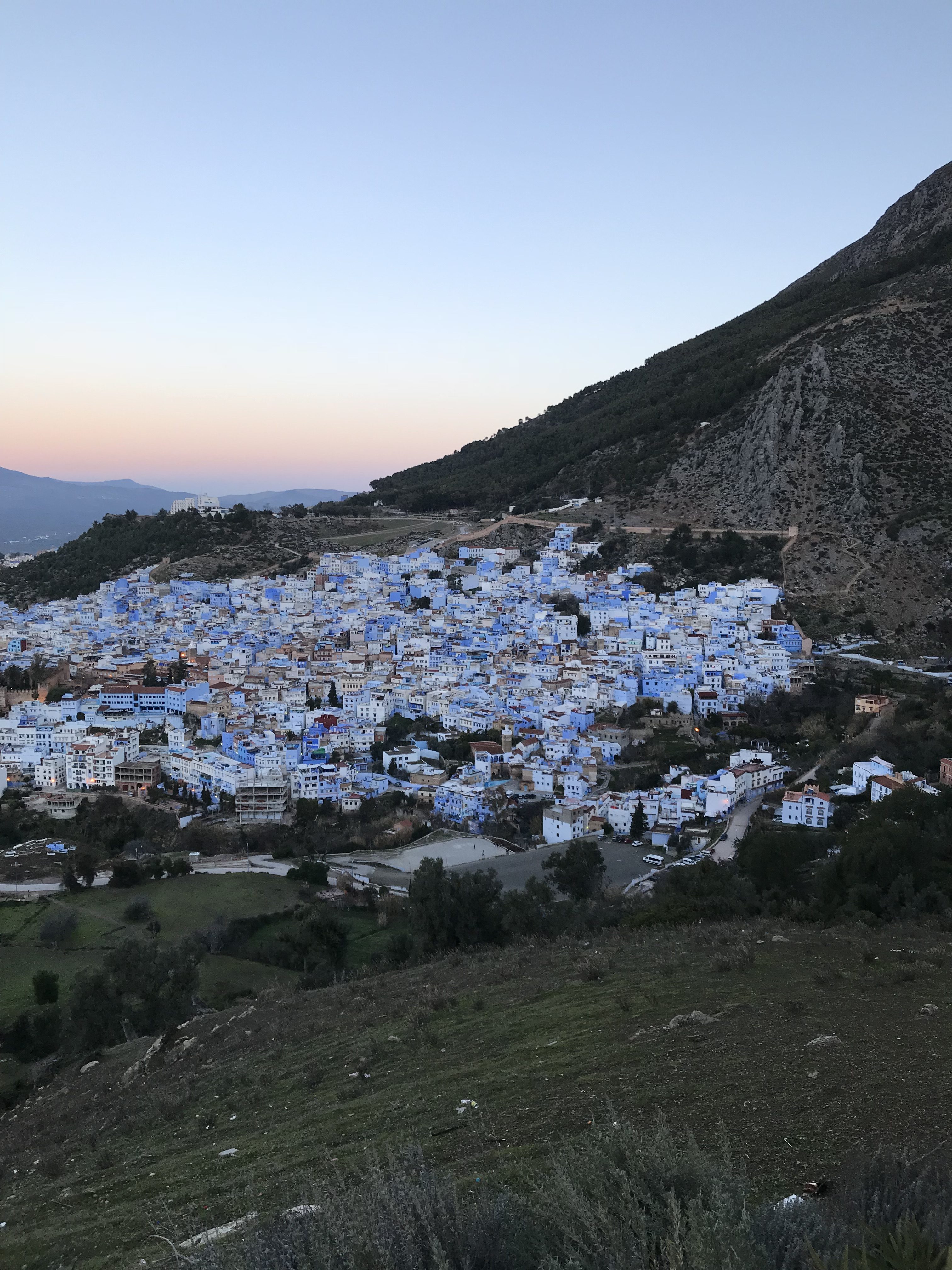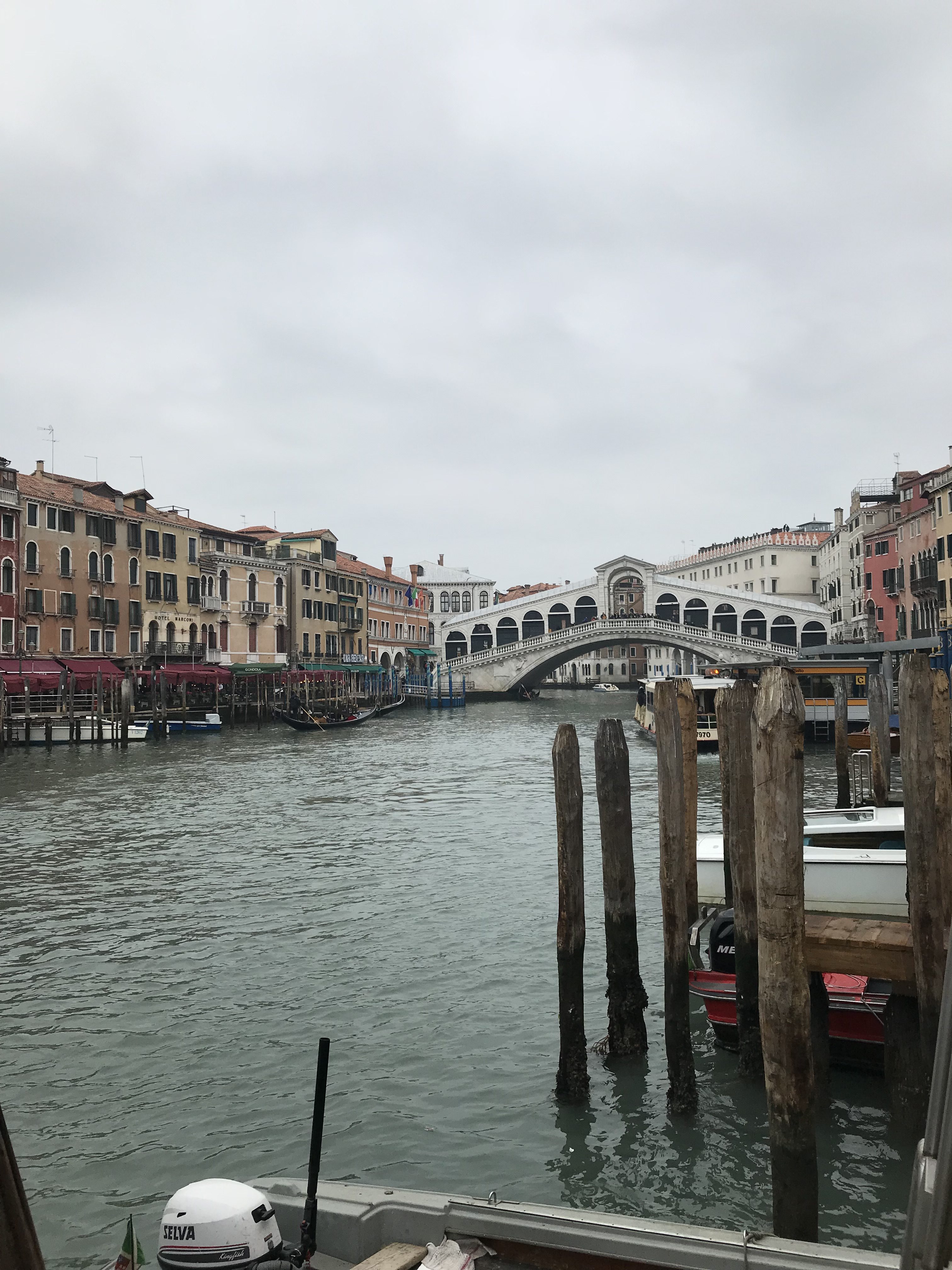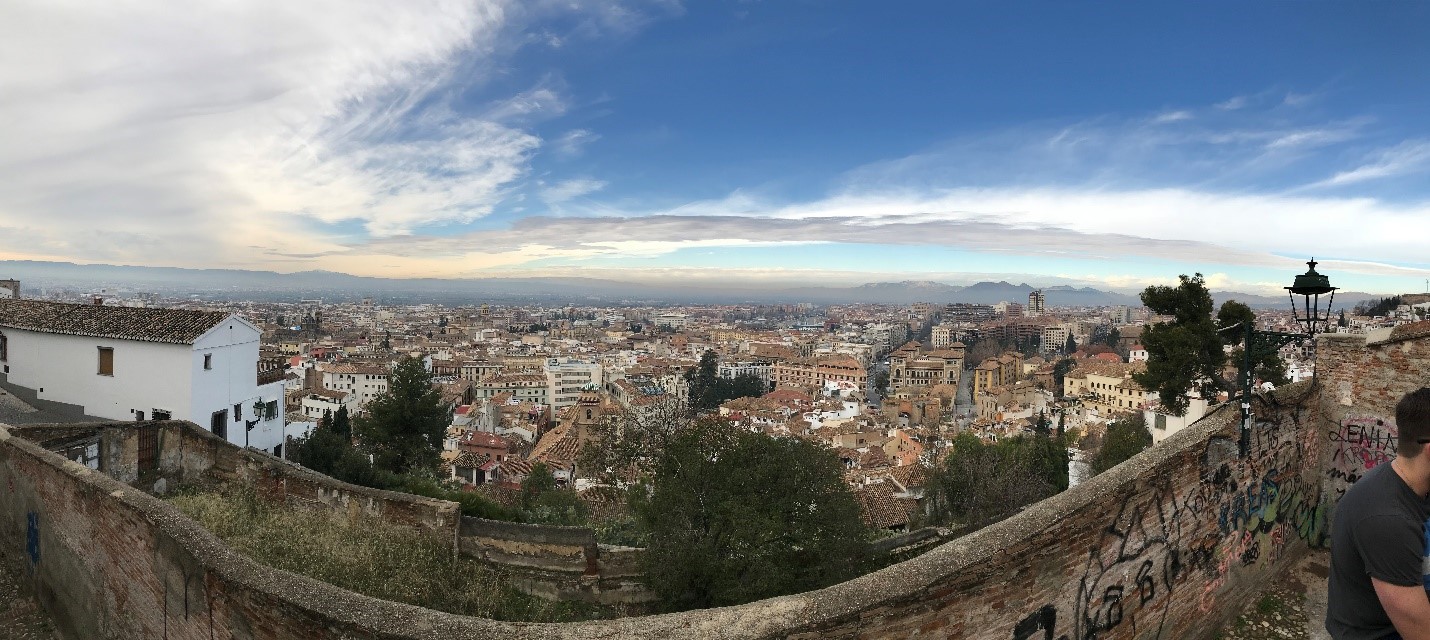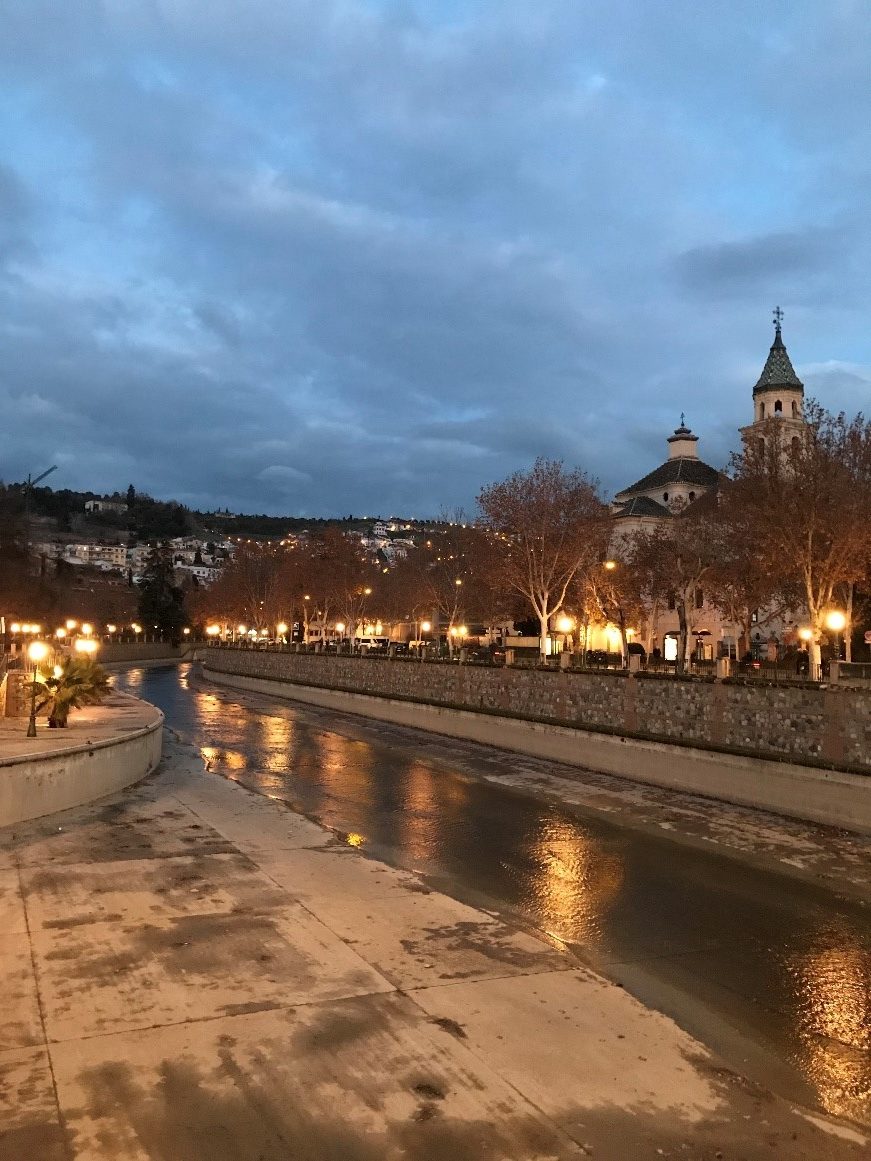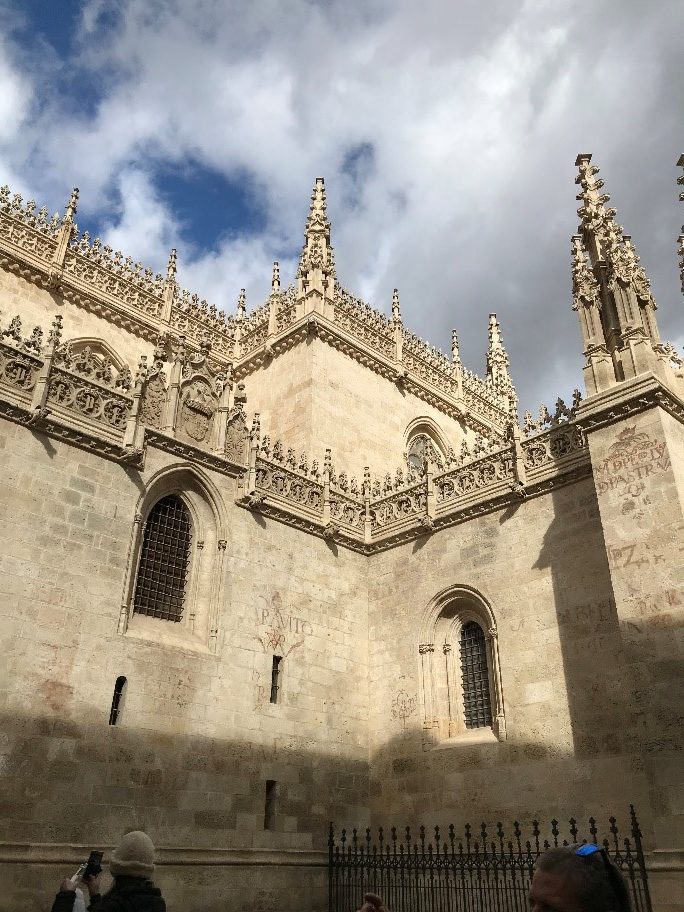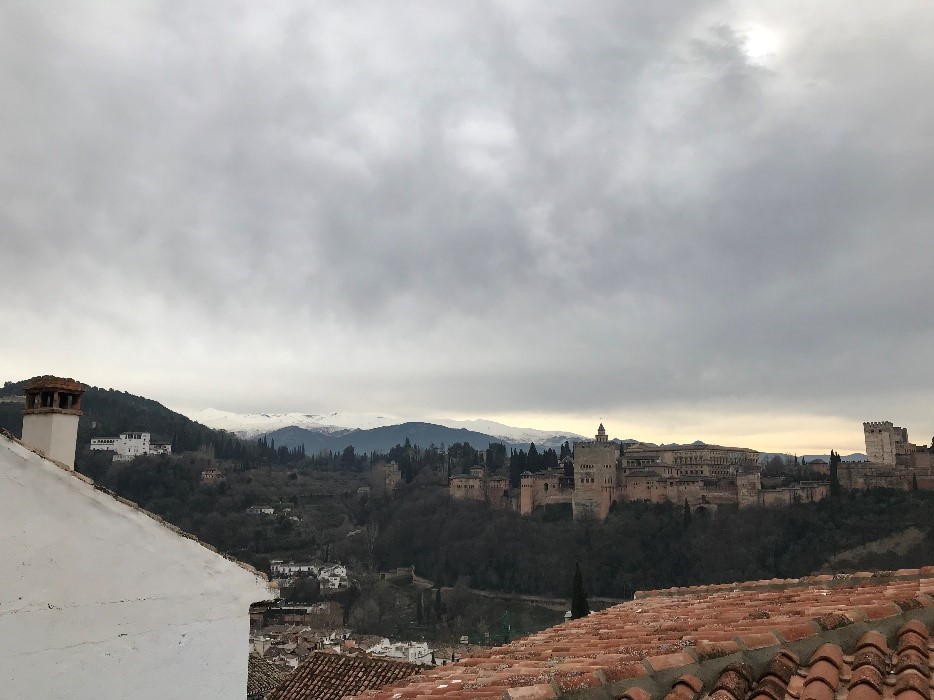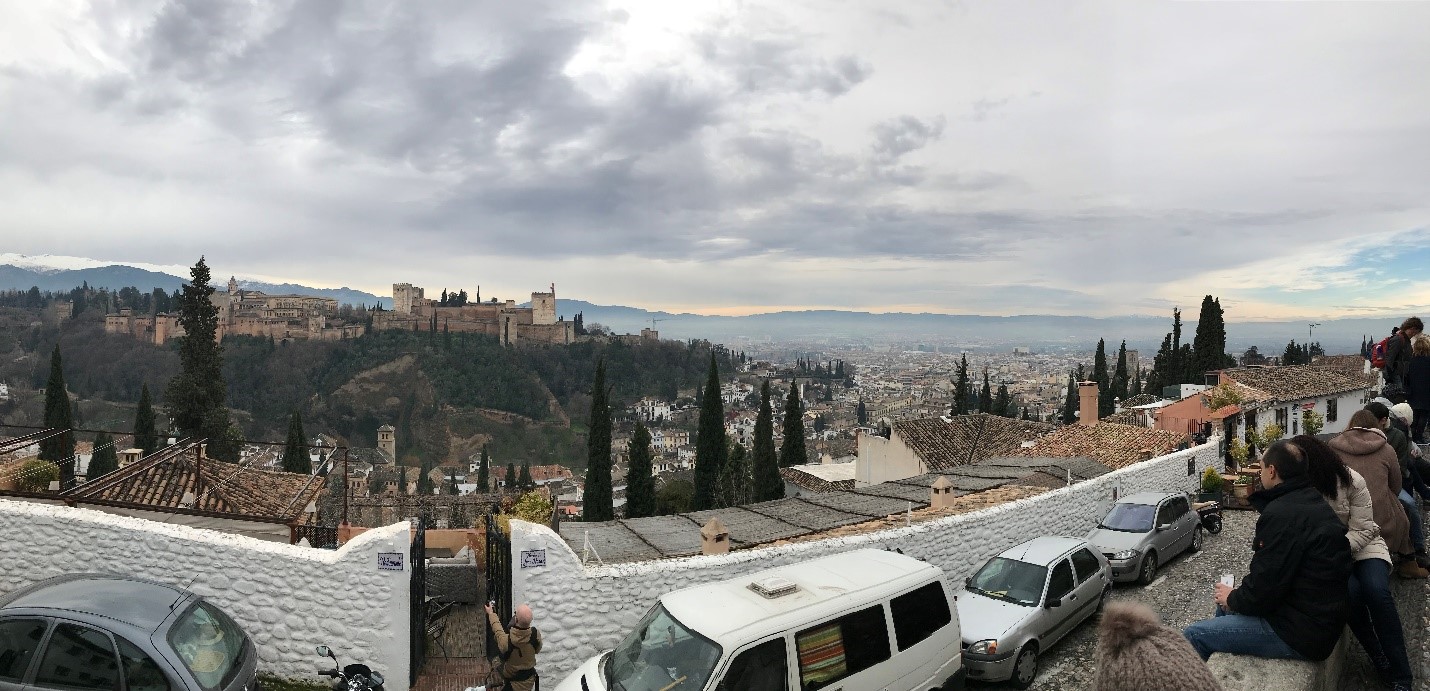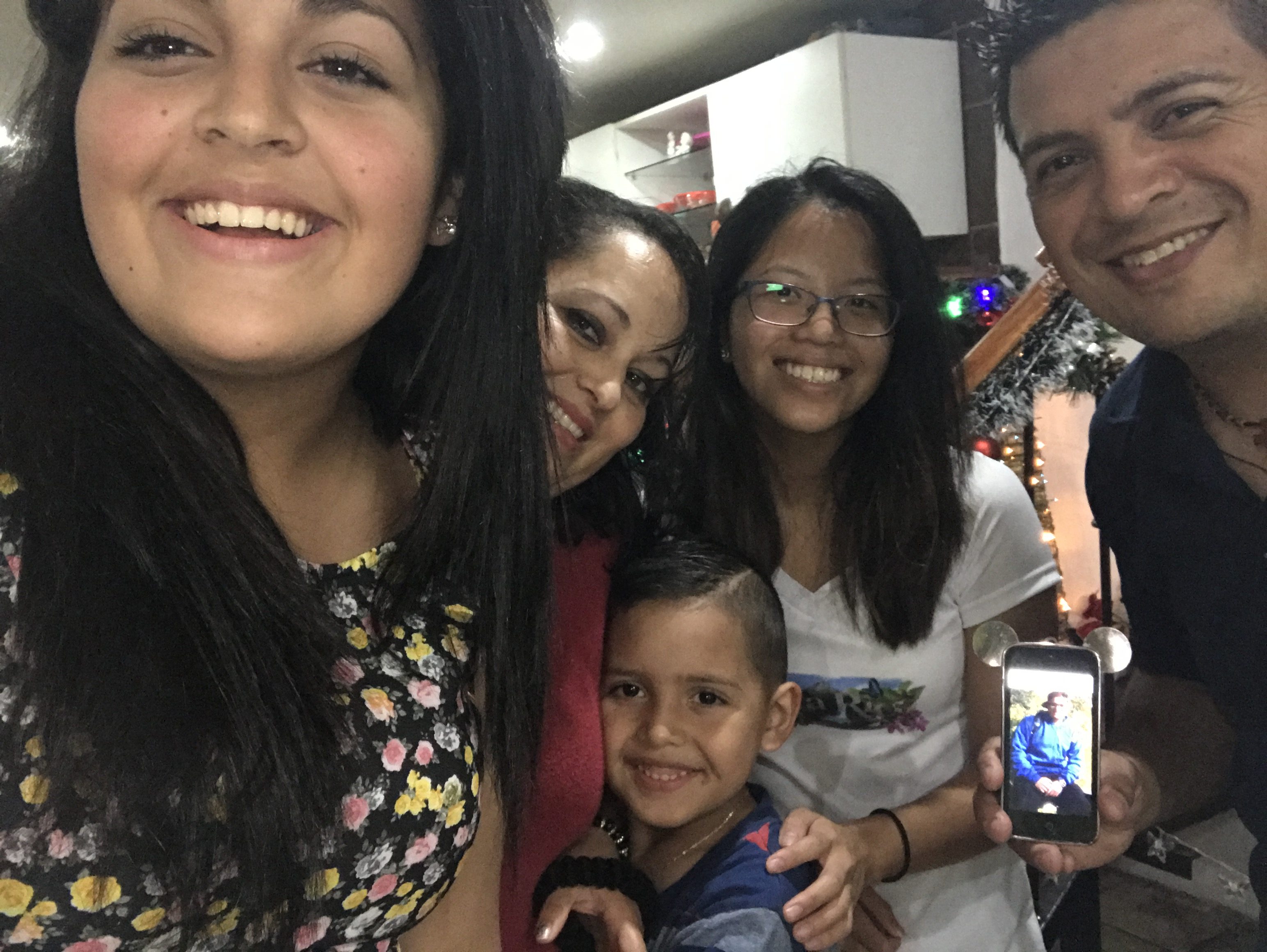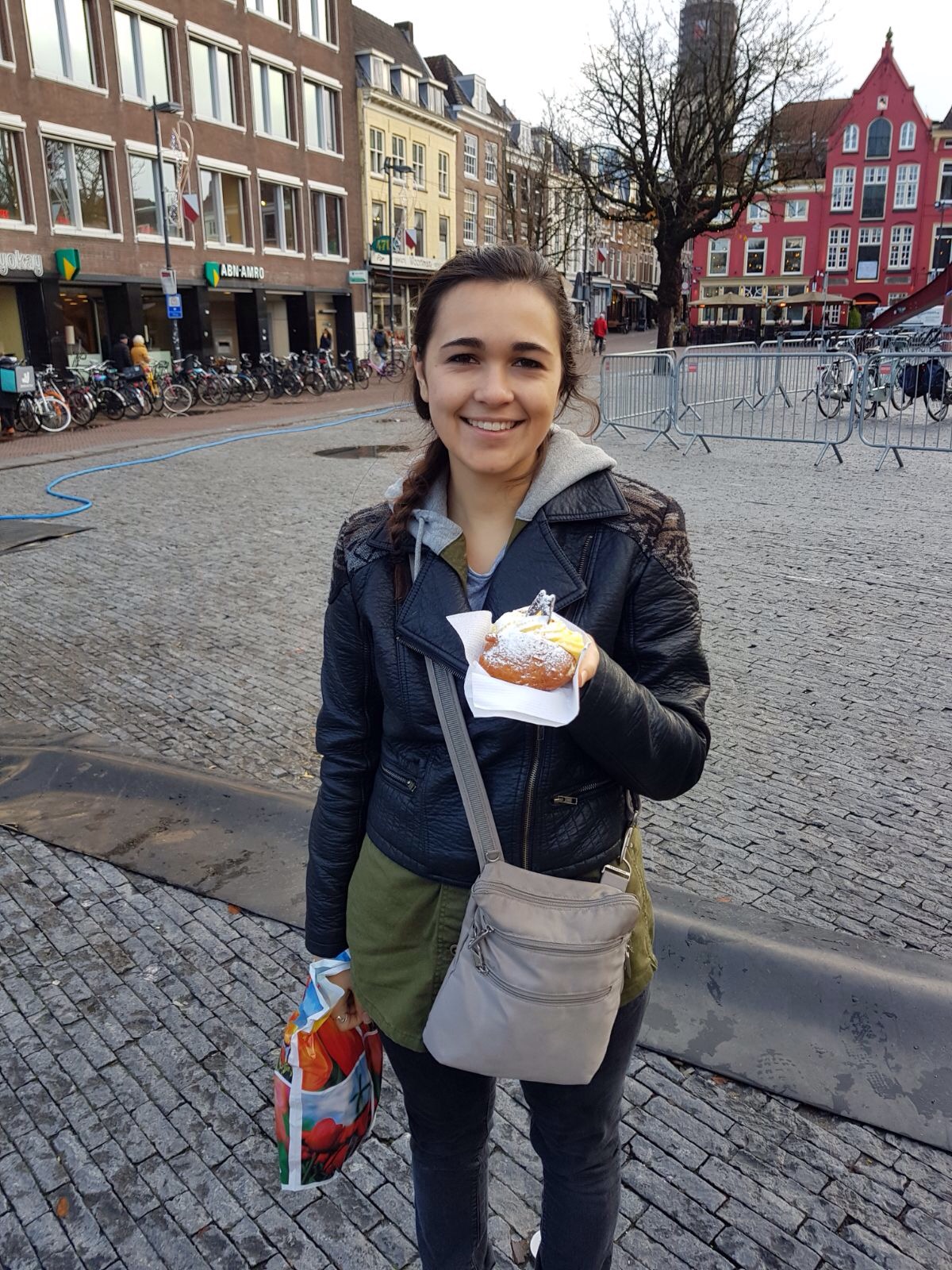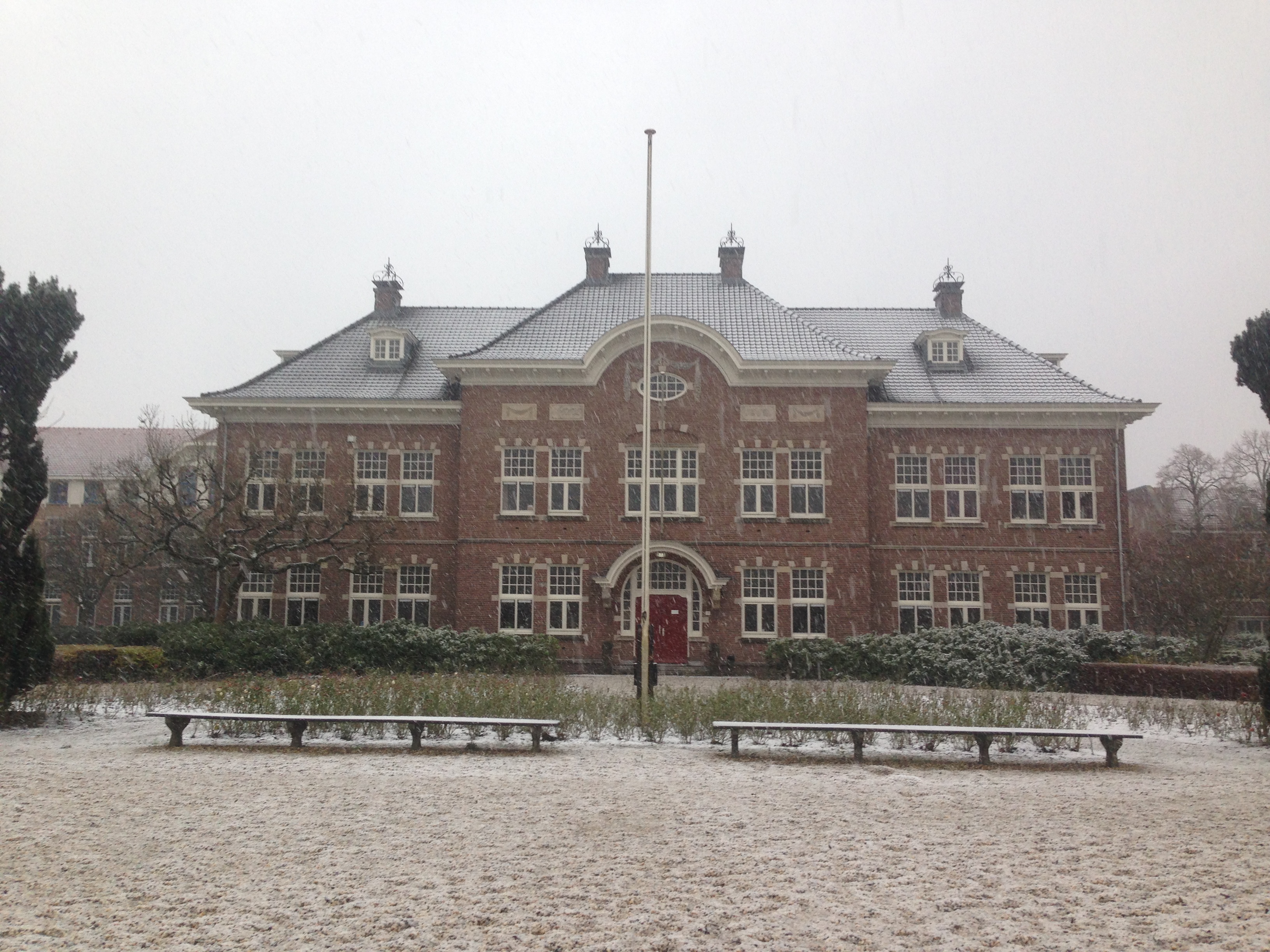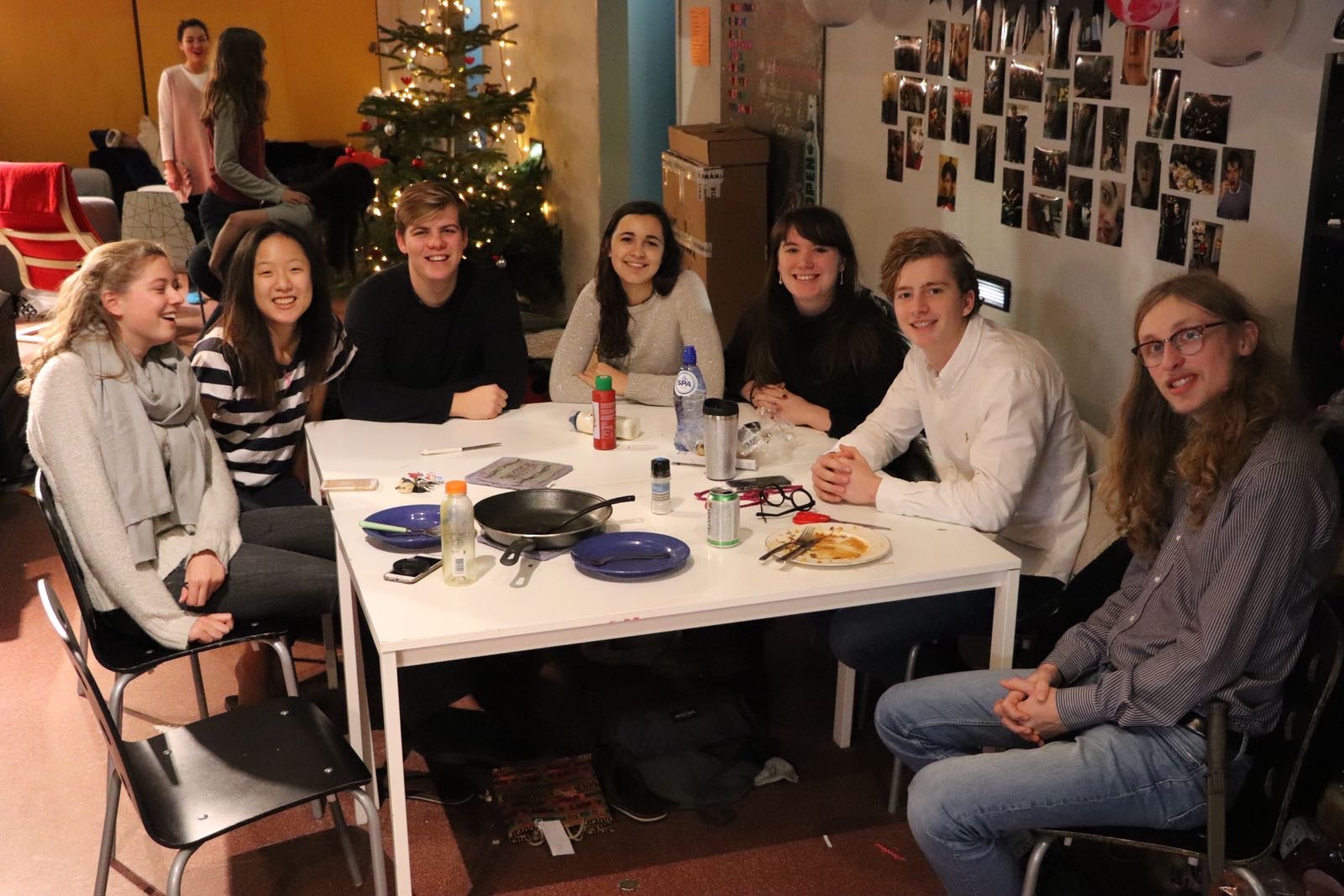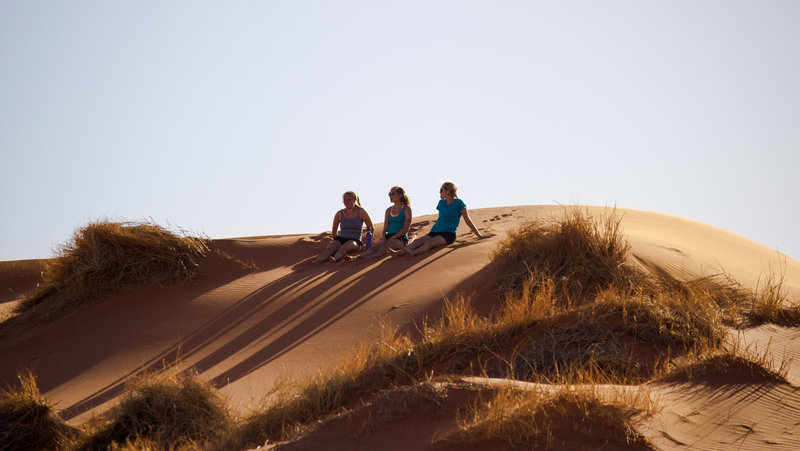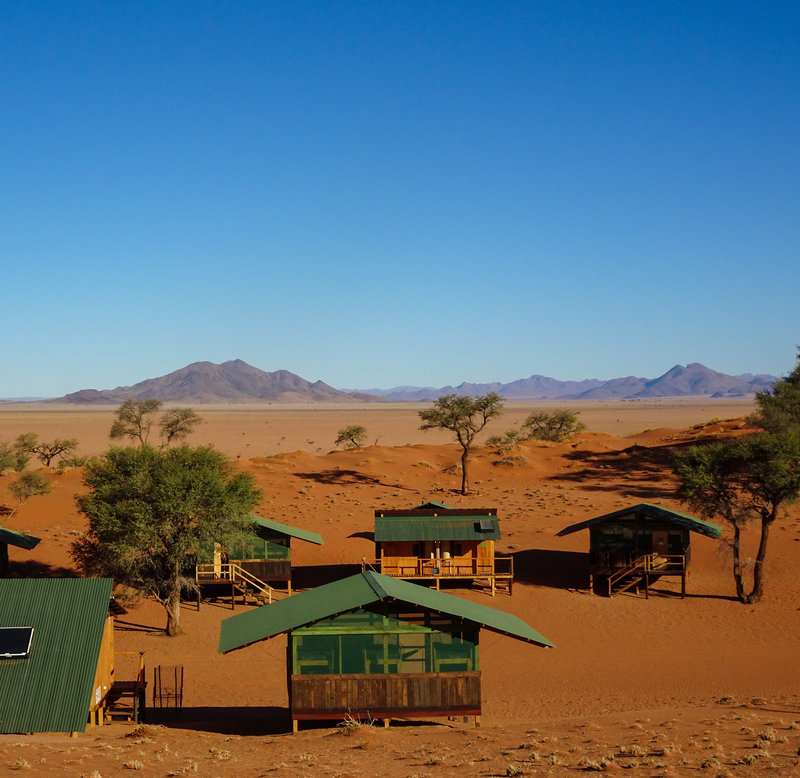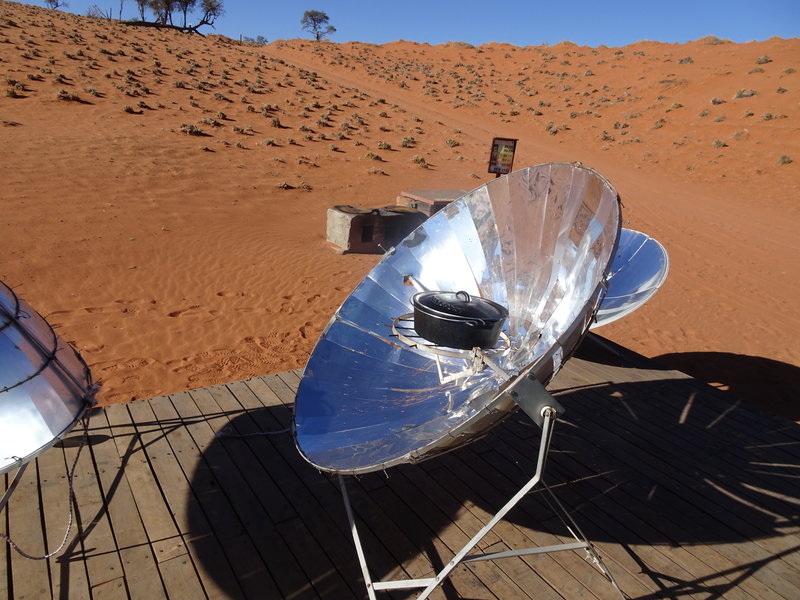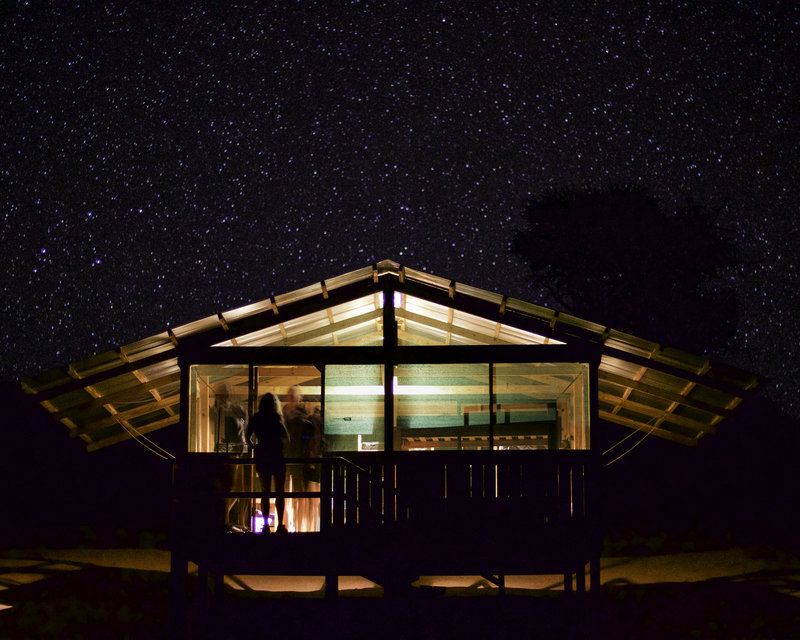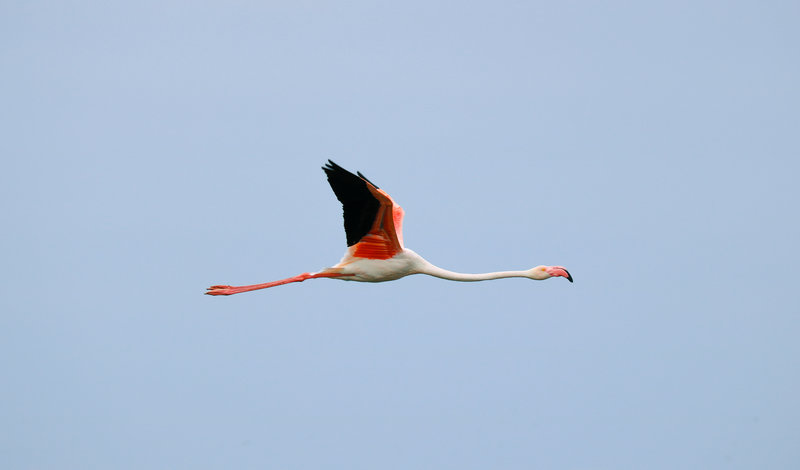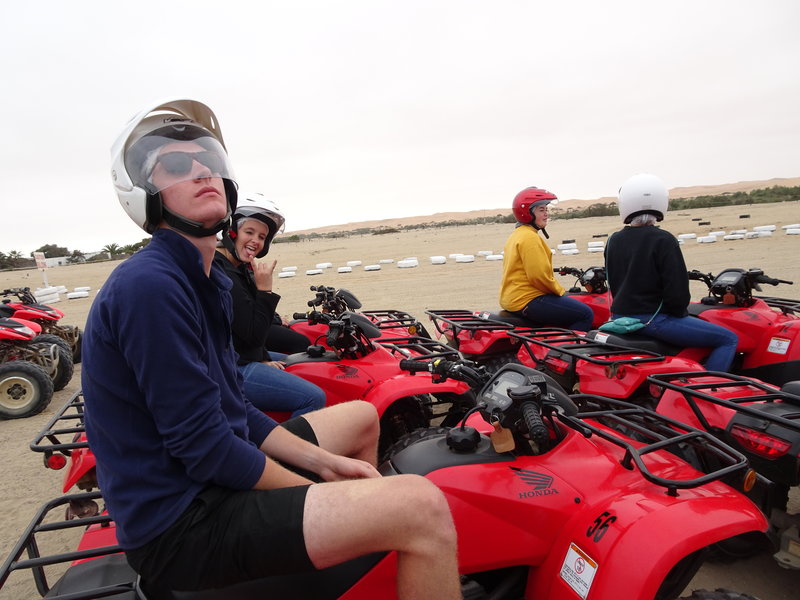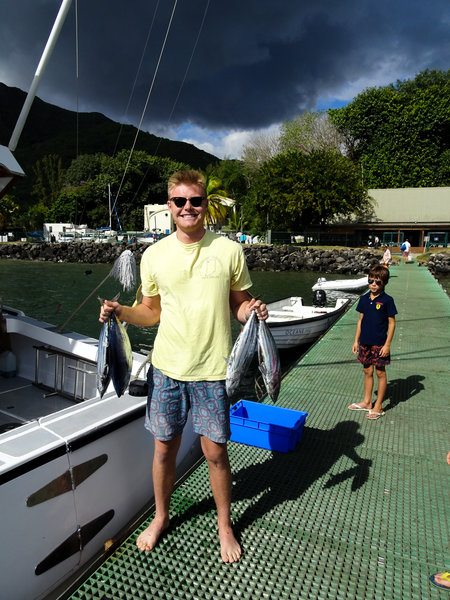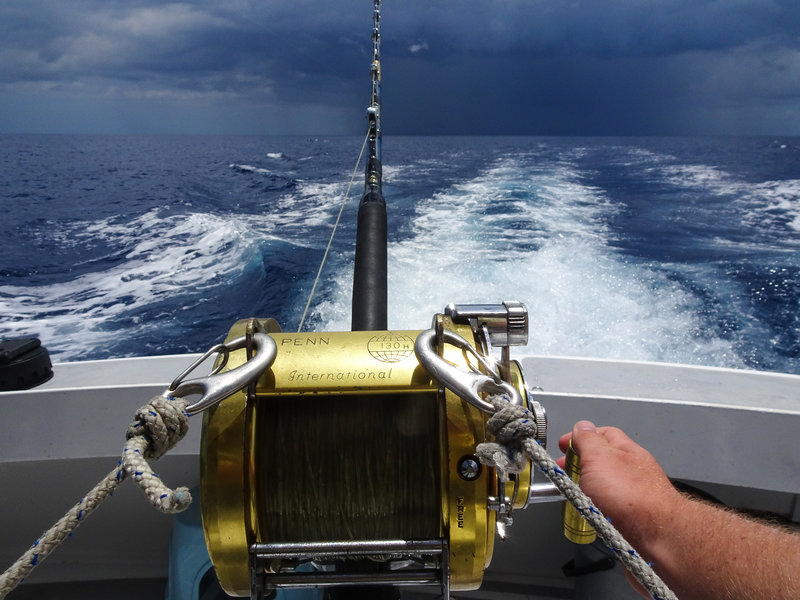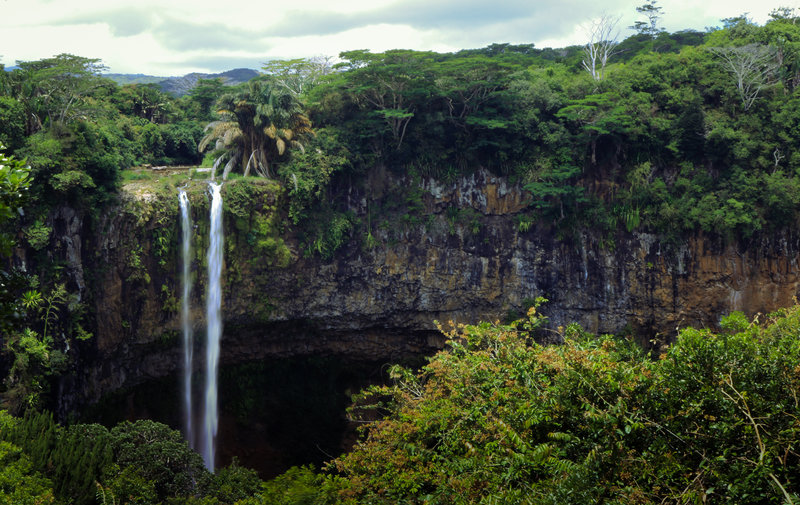Author: Gabrielle Neuman
Location: Granada, Spain
I keep seeing these posts on social media about how January 2018 seems to be never ending. I’ve been pretty disconnected from what’s going on in the world to make people think that January has been such a long month, but I have to agree. I’m sure, however, that my reasons for this month seeming to last forever are very different. January started out with arriving in Granada, Spain, meeting new friends and a new host family, learning more about the Spanish culture and the city of Granada, taking grammar classes, and finally taking two Spanish level exams. Yet it didn’t end there. Right after we took our official placement exams to see what track we would be placed into for the courses we are taking this semester, we left for Morocco. I don’t mean that we had a day to think about the class choices. No, we got our test scores and left 45 minutes later to embark on a trip to Africa for 4 days. I didn’t really know what to expect, but from hearing past students’ stories about their trip to Morocco, I had no doubt I would enjoy myself.
In Morocco we met our American guide, Nate, who knows Arabic and has lived in Morocco for about 5 years. Nate is a pretty awesome dude who knows some pretty awesome people. For two nights we stayed with host families in traditional Moroccan houses in Rabat. Traditional Moroccan homes have holes in the floor as toilets which are combined with the shower since running water is precious commodity in the country. The home I stayed in luckily had a “normal” toilet (not a hole in the floor). The beds were essentially cushions or benches surrounding each room, but they worked. Meals in a Moroccan home also consist of everyone eating with their hands out of a large dish in the middle of the table (now that was an experience). Apparently this happens in Spain too, but it’s not as typical as the Moroccan meals. The most interesting part of the trip for me, however, was the Hammam. Hammams are the public Moroccan bathhouses, where one can get their dead skin scrubbed off by a Moroccan woman. The locals we talked with raved about the Hammam, telling us that when you leave it, you’ll feel the cleanest you’ve ever felt in your life. Let’s just say it was a first and a last time thing for me, but definitely something you have to do once in your lifetime.
We only spent 4 days in Morocco, but I could continue on and on about it. Every day, with the exception of the last day we were there, we met and talked with local students and families. We talked with college students about politics, education, and Moroccan life, walked around Rabat with some of those same students, shared a meal with a farmer and his family in their home, and learned so much about the Moroccan people and their culture. Before going to Morocco, I never really thought about the people we would meet, their outlook on life, or how similar people across the globe actually are. After spending 4 days with them, I can confidently say that generally speaking they are no different than many of us. They have dreams for their country to become a great nation and believe that there is hope for their people, even if their situations currently are not as positive as our own. I never knew you could learn so much about a people and their culture in just 4 days.
After returning from Morocco on Saturday night, a group of 4 other students and I left for Italy early the next morning to get a small trip in before classes started on February 1st. We visited Rome, Florence, and Venice in 3 days. Needless to say, I’m exhausted but so excited for what the rest of this semester has to bring. January may have seemed to be the longest month in history, but for me it was a good one.
